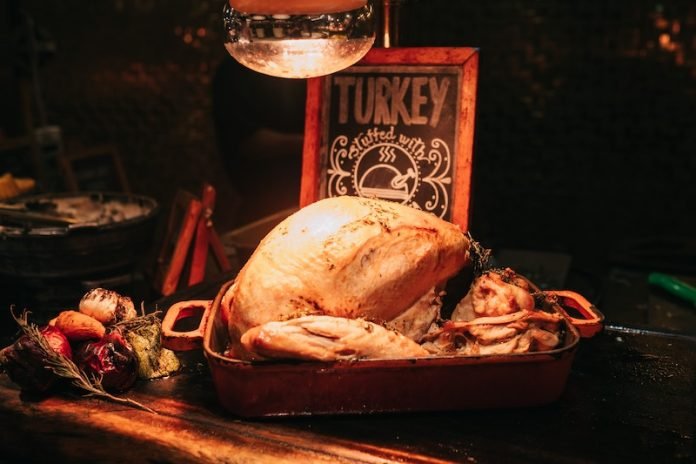
With the holidays approaching, you may have visions of sugar plums dancing in your head.
However, if you’re living with GERD, gastroesophageal reflux disease, you should enjoy those sugar plums in moderation and be sure to manage your GERD triggers.
GERD is a common digestive disorder that occurs when stomach acid flows back into the esophagus — the tube connecting the mouth and stomach.
Many people may experience reflux symptoms; however, one isn’t diagnosed with GERD unless it’s mild acid reflux that occurs at least twice a week, or if they suffer severe acid reflux at least once a week.
As a result, people with GERD must be careful when they indulge in sweet treats or alcohol at holiday parties.
We spoke with experts from the University of Chicago Medicine Center for Esophageal Diseases for tips on how to celebrate without feeling the sting of acid reflux.
“When it comes to what we eat and drink over the holidays, it is important to remember the saying: everything in moderation,” said Robert Kavitt, MD, director of the Center for Esophageal Diseases.
Eat slowly and don’t overeat.
Research has shown that rapid food intake produced more GERD episodes than when people ate slower. Eating slowly allows your body time to feel full, which will decrease your chances of overeating.
Overeating puts pressure on the lower esophageal sphincter muscle. Commonly referred to as the LES, the lower esophageal sphincter muscle is a ring-like muscle that acts as a valve between the esophagus and stomach.
When the LES is weakened, acid can flow back into the esophagus and trigger a GERD episode.
Eat at least 1-2 hours before bed.
It’s more difficult for your food to digest when you’re lying down, so eating earlier and staying upright will allow your food time to break down.
Drink more water. Minimize carbonated beverages and alcohol.
“Carbonated beverages and alcohol can cause relaxation of the LES muscle and trigger GERD,” said Yalini Vigneswaran, MD. “If you drink more water, it will clear the esophagus and reduce reflux.”
Avoid your triggers.
While everyone may have different triggers, a few of the common foods and drinks that can lead to a GERD episode are: garlic, raw onions, chocolate, red wine, peppermint, and citrus fruits.
Keep your preferred antacid on standby.
“Prepare for a potential GERD episode by keeping your over-the-counter antacids or medicine prescribed by your doctor handy,” said Vigneswaran.
Enjoy your holiday.
“We want people to enjoy themselves,” said Vigneswaran, “being mindful of what and how they eat will help them to do so.”


